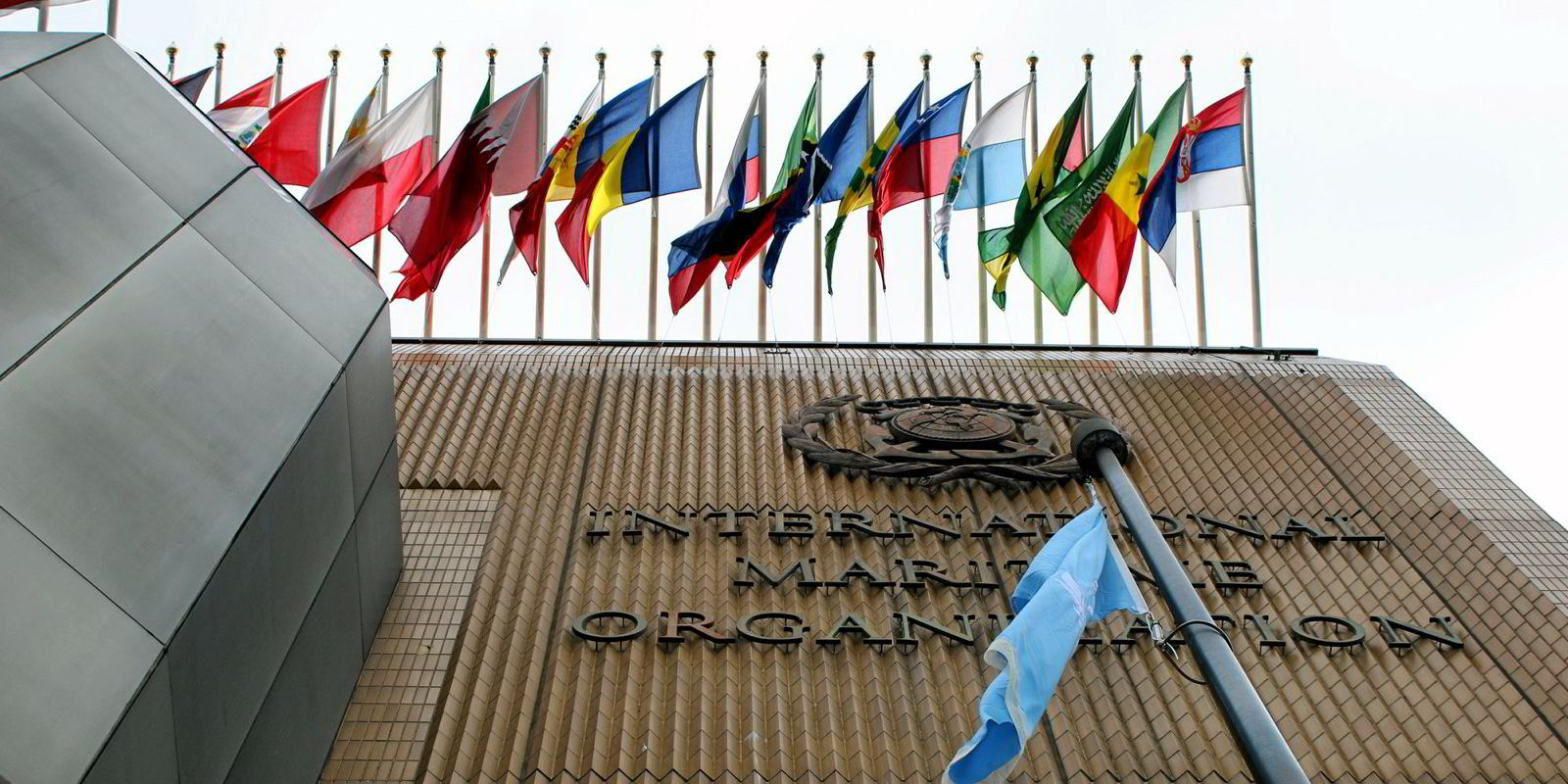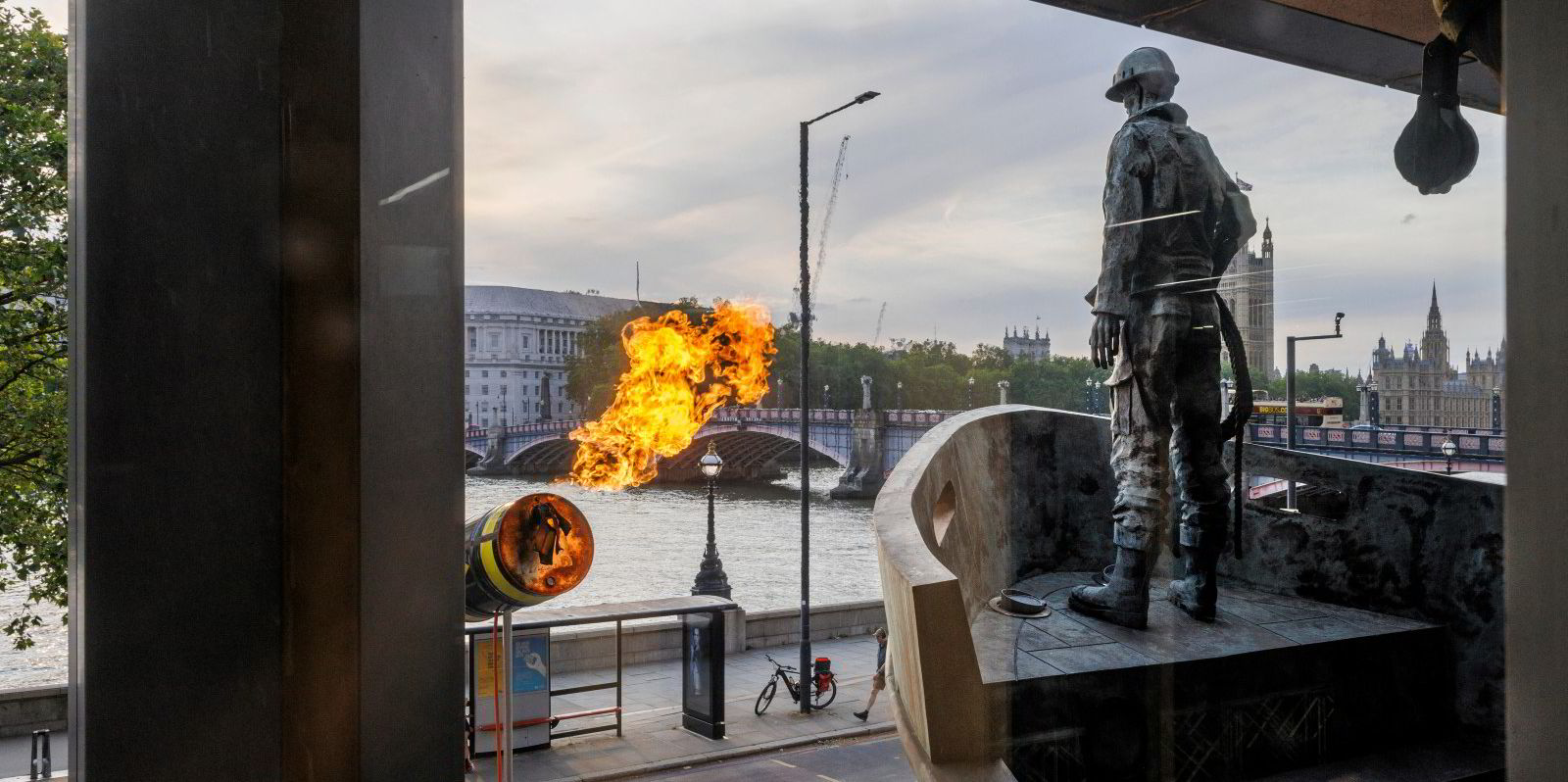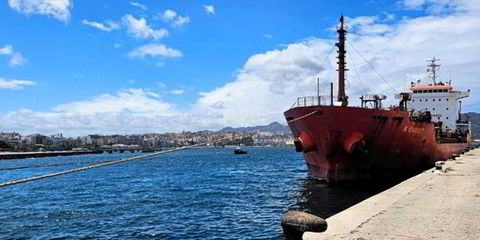Industry lobby group SEA-LNG is urging the International Maritime Organization to look at a well-to-wake full life-cycle approach when it draws up its regulations for greenhouse gas emissions in shipping.
In a note ahead of the IMO’s Marine Environment Protection Committee (MEPC)’s 80th session, SEA-LNG said the IMO should “resist picking technology winners”.
It said the regulations should be goal-based and technology-neutral, with the ambition of achieving convergence between global and regional measures.
The body said: “The maritime sector cannot risk the emergence of a fragmented patchwork of global and regional regulations, which could create confusion, conflicting incentives and ultimately, delay.”
It said that while the mandate of the United Nations body does not extend to fuel production and supply chains, “any GHG regulations developed by the IMO need to take into account upstream, or so-called well-to-tank emissions”.
SEA-LNG highlighted the measures taken to cut methane slip in LNG dual-fuel engines.
The body said methane emissions associated with the use of LNG as a marine fuel and in particular methane slip in engine combustion cycles, has the maritime industry’s “complete attention”.
It said engine technologies already exist with “virtually no methane slip”.
“.. for those low-pressure engines where it remains an issue, continuing innovations by engine manufacturers have resulted in levels of methane slip falling four-fold over the past 20 years,” it added.
“The industry has made great strides to reduce methane slip on a voluntary basis,” it said, name-checking programmes like the Methane Abatement in Maritime Innovation Initiative (MAMII) and the Green Ray project and upstream initiatives like the Global Methane Pledge.
SEA-LNG chairman Peter Keller said: “Shipping is unlikely to achieve its decarbonisation targets without a basket of fuels. Conducting comprehensive well-to-wake analysis is the only way to accurately compare the viability of all marine fuels.”





